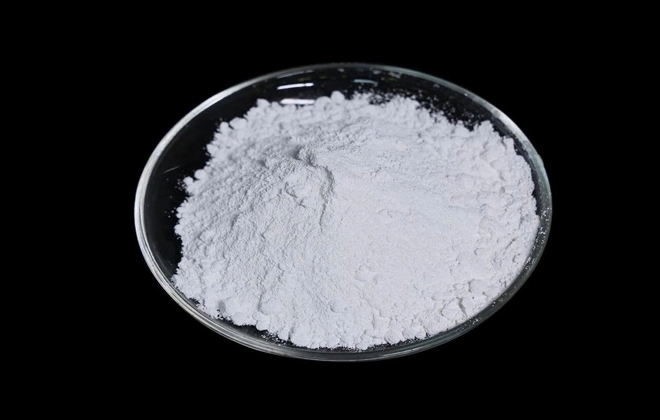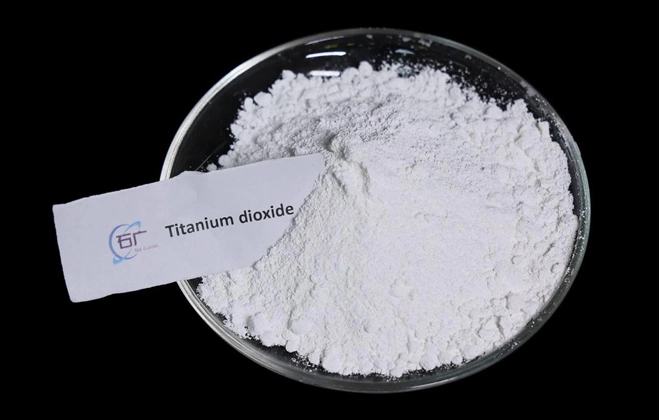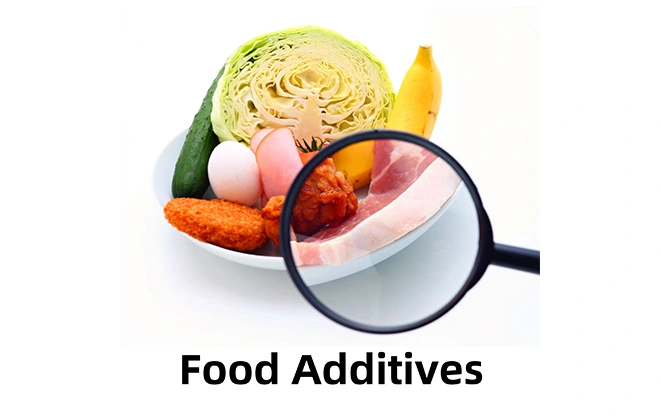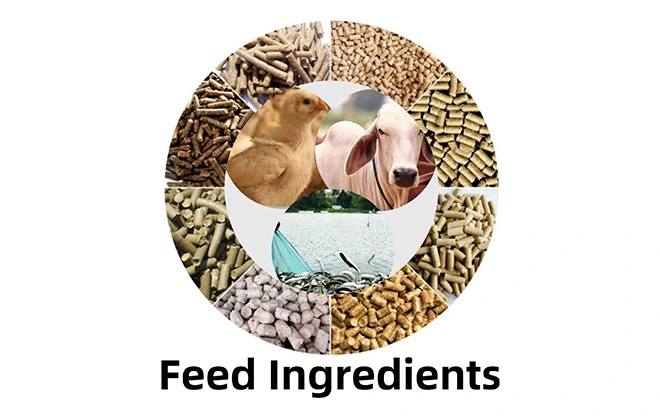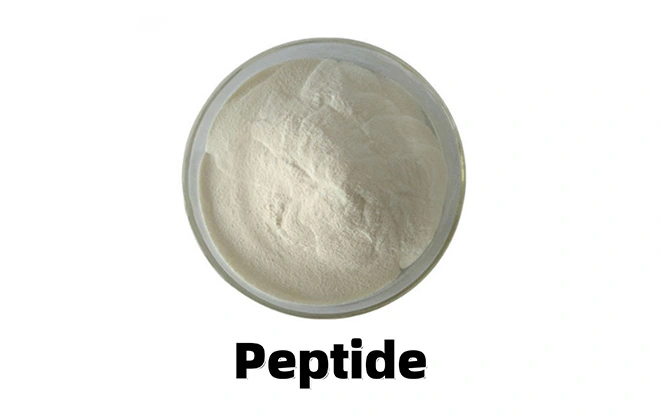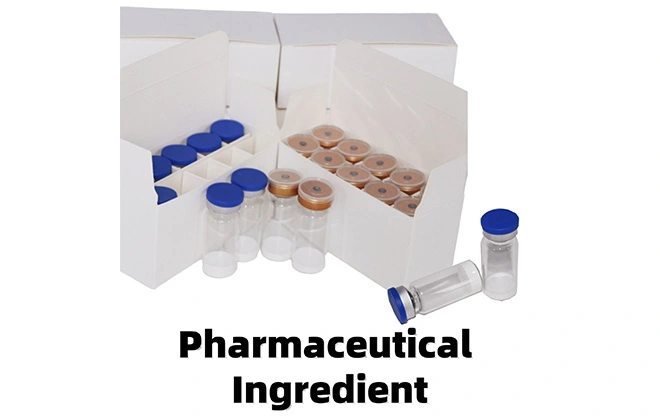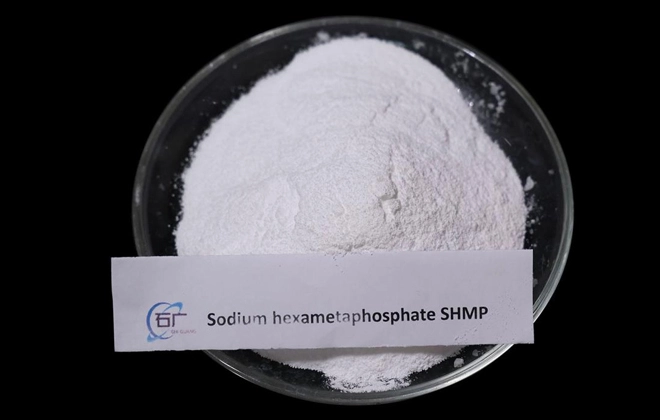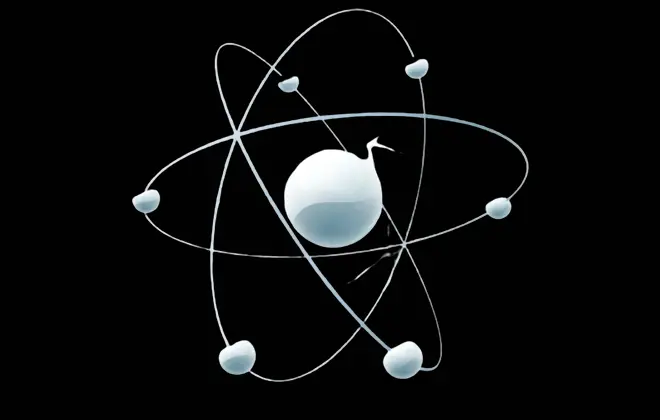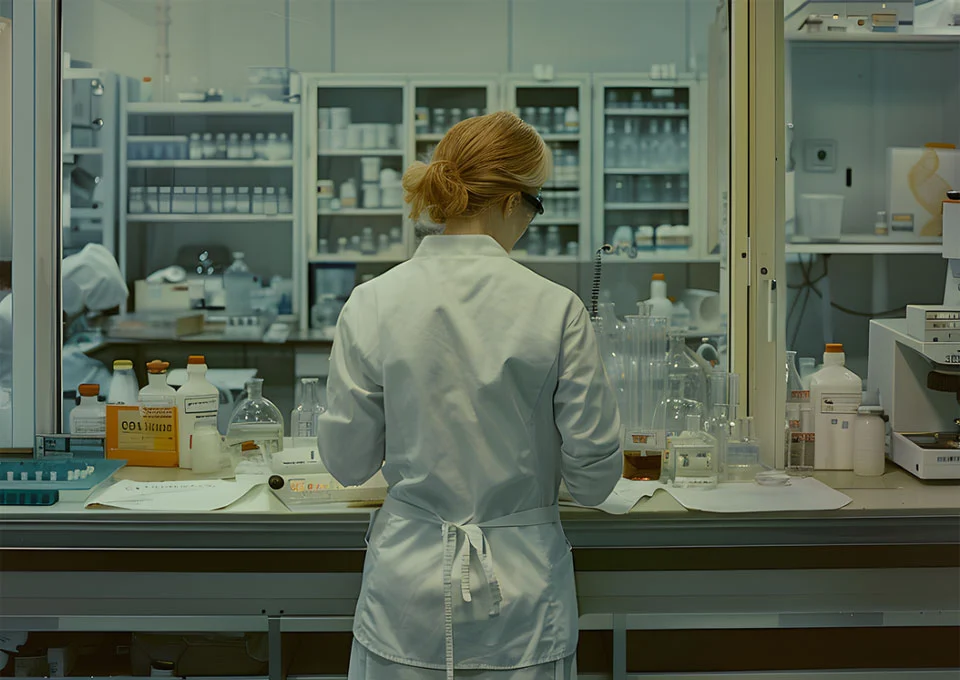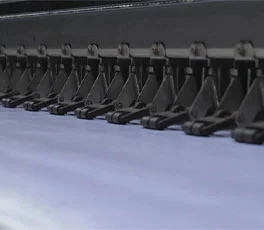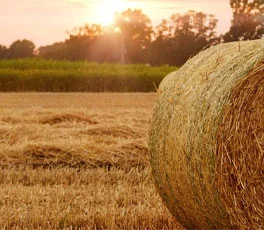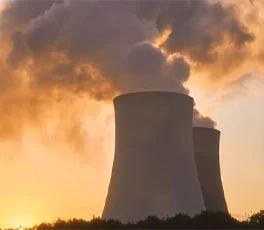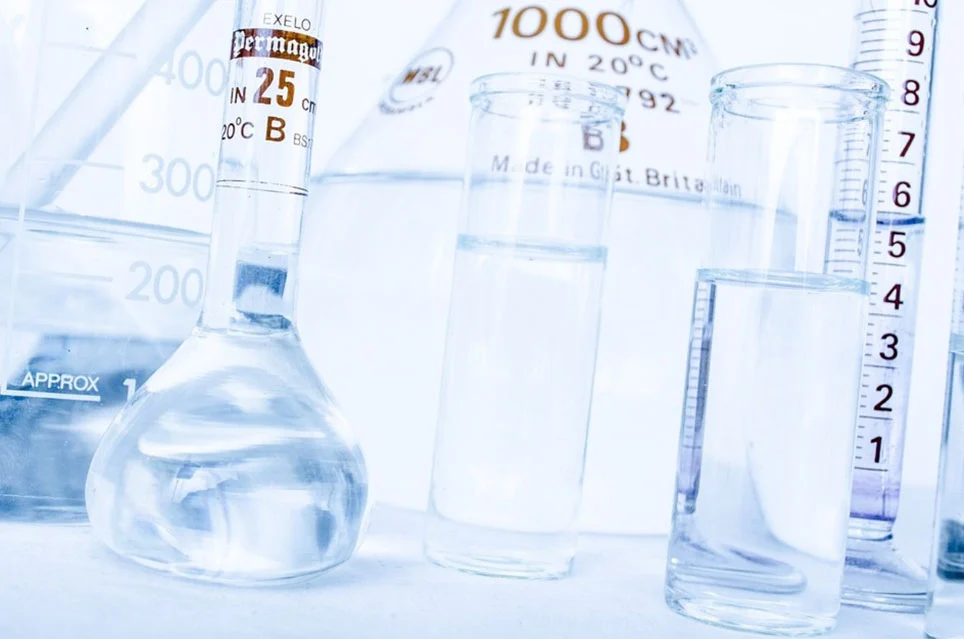-
Products
High Fructose Corn Syrup Corn Oil Benzoic Acid Dextrose Anhydrous Dextrose Monohydrate Erythritol Trehalose Non-Dairy Creamer(DNC) Sorbitol Liquid 70% Maltose Syrup Glucose Syrup Citric Acid Arabic gum Aspartame Coenzyme Q10 Vitamin B12 Sodium Gluconate Corn Starch Maltitol Liquid Maltodextrirn Mannitol Potassium Sorbate Sorbitol PowderFish Maw Small Molecule Peptide Collagen Hydrolyzed Collagen tripeptide Fish Collagen Peptide Bovine Collagen Peptide Type Collagen Peptide Elastin Protein Peptide Ovalbumin Protein Peptide Powder Marine Fish Collagen Peptide Wheat protein peptide Corn Protein Peptide Soybean Protein Peptide Ginseng Peptide Sea Cucumber Protein Peptide Walnut Protein Peptide Oyster protein peptide Pea Protein Peptide Rice Protein PeptideSodium Hexametaphosphate Purified Terephthalic Acid Glycine Lithium Carbonate Acetyl Chloride Glacial Acetic Acid Formic Acid Toluene Diisocyanate Acrylic Acid Phosphoric Acid Sodium Formate Glycerin Dioctyl Phthalate Paraffin Sodium Hypophosphite Sodium Acetate Caustic Soda Potassium Hydroxide Aluminium Hydroxide Manganese Dioxide Copper Sulphate EDTA Lanolin Stearic Acid Barium Sulfate68585-34-2 HS Code:1702600000 Corn Oil Fish Maw Small Molecule Peptide 657-27-2 151-21-3 10124-56-8 Anatase Titanium Dioxide MYA-120 65-85-0 CAS No.92113-31-0 Collagen tripeptide Fish Collagen Peptide Bovine Collagen Peptide Type Collagen Peptide Elastin Protein Peptide Ovalbumin Protein Peptide Powder Marine Fish Collagen Peptide Wheat protein peptide Corn Protein Peptide Soybean Protein Peptide Ginseng Peptide Sea Cucumber Protein Peptide Walnut Protein Peptide Oyster protein peptide Pea Protein Peptide Rice Protein Peptide Octapeptide-2 Dipeptide-2 H-Gly-Pro-Hyp-OH Oligopeptide Copper tripeptide GHK-Cu NAD+ Nicotinamide Semaglutide Tirzepatide Retatrutide Cagrilintide 68584-22-5 1345-05-7 100-21-0 Rutile Titanium Dioxide MYR-505 50-99-7 68439-57-6 1314-13-2 56-40-6 Rutile Titanium Dioxide MYR-707 Dextrose Monohydrate 25155-30-0 57455-37-5 554-13-2 Rutile Titanium Dioxide MYR-808 Erythritol 68603-42-9 1308-38-9 75-36-5 Rutile Titanium Dioxide MYR-909 99-20-7 61789-40-0/86438-79-1 482-89-3 64-19-7 Anatase Titanium Dioxide MYA-110 2106 9090.90 68155-09-9 1309-37-1 64-18-6 50-70-4 1300-72-7 147-14-8 26471-62-5 CAS HS Code 1702300000 7758-29-4 1307-96-6 79-10-7 492-62-6 5329-14-6 52624-41-6 7664-38-2 77-92-9/ 5949-29-1 1333-86-4 141-53-7 9000-01-5 108-78-1 56-81-5 22839-47-0 9004-32-4 117-81-7 Coenzyme Q10 7779-90-0 8002-74-2 68-19-9 9004-65-3 7681-53-0 527-07-1 127-09-3 9005-25-8 1310-73-2 585-88-6 1310-58-3 9050-36-6 21645-51-2 69-65-8 1313-13-9 590-00-1/24634-61-5 7758-98-7 50-70-4 60-00-4 Corn Germ Meal Sprayed Corn Husk Corn Gluten Meal 8006-54-0 57-11-4 7727-43-7 High Gloss Barium Sulphate Calcined Barium Sulphate Modified Barium Sulphate YM-111 Modified Barium Sulphate YM-112
- Application
- Company
- Resources
- News
- Contact Us
 English
English Nederland
Nederland

